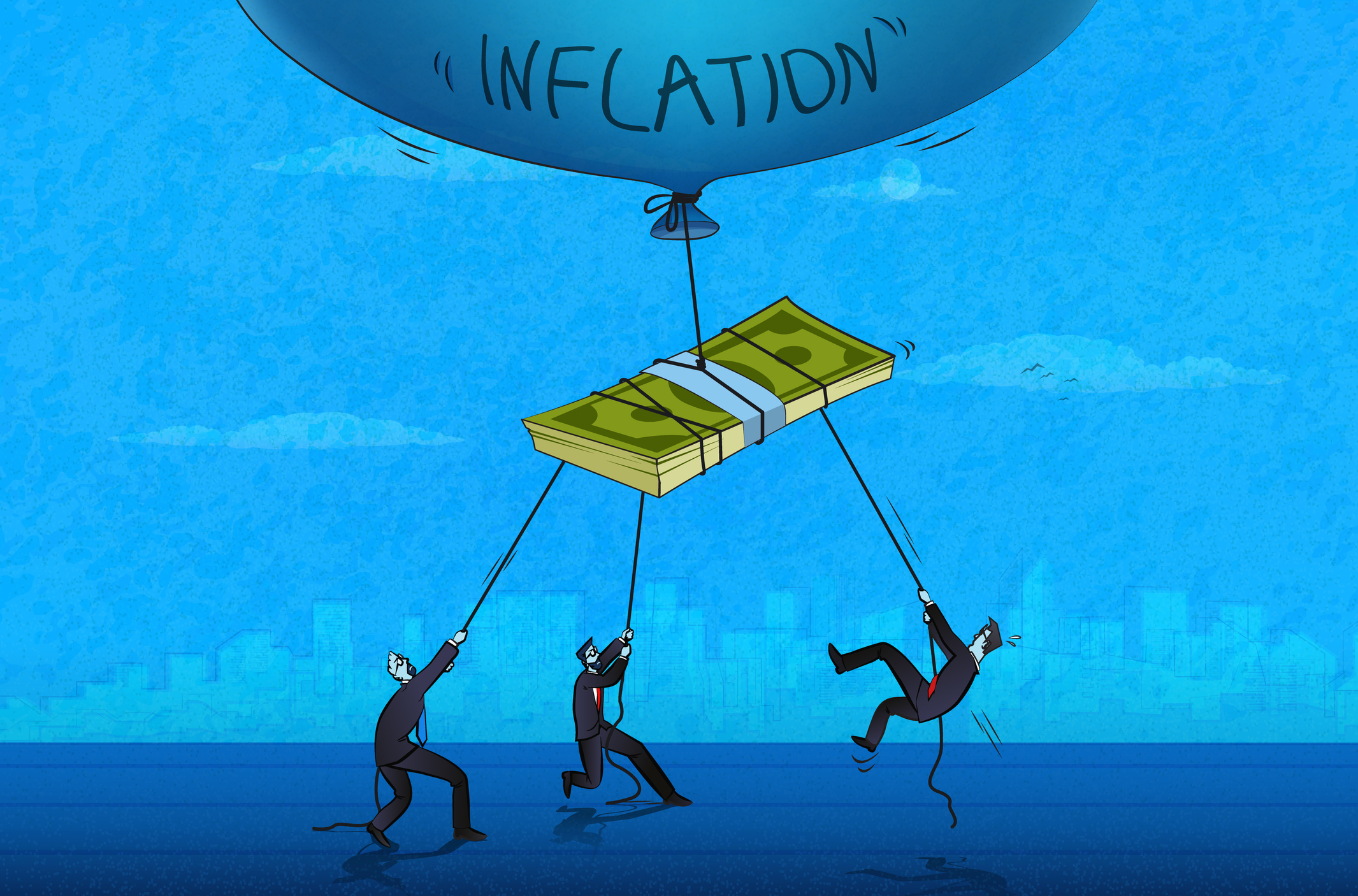If you’ve gone food shopping in the last month or two, you’ve probably raised an eyebrow at some of the prices. We are, after all, in the midst of one of the highest inflationary periods in 40 years.
It doesn’t take training in forensic accounting to determine how inflation has spiked since the start of the COVID pandemic. Supply chain bottlenecks, combined with a government infusion of $6 trillion in taxpayer cash and high consumer demand, brought the country where it is today, with an inflation rate of over 7%.
Former treasury secretary and presidential adviser Larry Summers warned of inflationary risks when Congress passed nearly $2 trillion more in COVID relief spending last year. “Given the commitments the Fed has made, administration officials’ dismissal of even the possibility of inflation, and the difficulties in mobilizing congressional support for tax increases or spending cuts, there is the risk of inflation expectations rising sharply,” he wrote in the Washington Post.
Milton Friedman said of inflation, “It is always and everywhere, a monetary phenomenon. It’s always and everywhere, a result of too much money, of a more rapid increase in the quantity of money than an output.”
Summers wasn’t the only one sounding the alarm. Still, his words carry weight in a political culture that would frame what is evident (high inflation) coming from a conservative or Republican as “misinformation.” Considering inflation’s political inconvenience, what is a Democratic politician to do? Blame the “greedy corporations,” of course!
President Joe Biden allowed his antitrust freak flag to fly, claiming specific industries have artificially raised prices, utilizing their strength in the marketplace where they have little competition. Sen. Elizabeth Warren and Rep. Katie Porter have homed in on the lowest common denominator for economic illiterates to rally around: profits.
Last November, Warren started the corporate bashing when she tweeted, “Corporations are exploiting the pandemic to gouge consumers with higher prices on everyday essentials, from milk to gasoline.” On Feb. 18, Porter tweeted, “Corporations are using supply chain issues as an excuse to jack up prices on families. Not only are CEOs admitting their price-gouging on earnings calls, but we can clearly tell from data: corporate profit margins are the highest they’ve been in 70 years.”
Not the dastardly profit margins! Once again, this is basic economics. Price increases and increased profit margins result from competing industries experiencing sustained growth in demand. Still, the idea that grocery chains have cartoon-like villain CEOs twisting their mustaches and cackling as they purposely raise prices on milk and bread to stick it to the little guy is the kind of twaddle that makes the rounds on social media.
First, grocery store profit margins are some of the lowest of any industry in the United States. Anything over 2% is a lot. Second, the grocery business is one of the most competitive industries, with many choices available to consumers. Within 20 minutes of my Arlington apartment, I can shop at Giant, Safeway, Target, Walmart, Wegmans, Harris Teeter, Aldi, Lidl, Whole Foods, Amazon Fresh Market, or Trader Joe’s. If I want to buy in bulk? Costco. That doesn’t include plentiful options of specialty markets that are also available.
According to Jeff Campbell of thegrocerystoreguy.com, grocery stores rely on selling in large volumes and across multiple locations. For example, you might have noticed a deal for Progresso soup at four cans for $5, a cost lower than the store paid for each can. Such a move is called a “loss leader.” Grocery stores use it to entice shoppers to the store, where they might also buy regular-priced items.
People in this country enjoy the most competitive shopping experience at any time in history. Even those who live rurally (and many choose to) can order online. Everything from buying a gallon of milk to purchasing an automobile is easy for anyone with a smartphone or a computer. As for the costs, it’s all basic economics and not some devious plot by a cabal of business executives looking to maximize profits by artificially raising prices.
I would hope the president, Sen. Warren, and Rep. Porter are smart enough to understand that. In fact, I suspect they do and they’re merely catering cynically to their base. However, there is the possibility they don’t grasp the basic concepts of supply and demand, and that doesn’t bode well for anyone.







